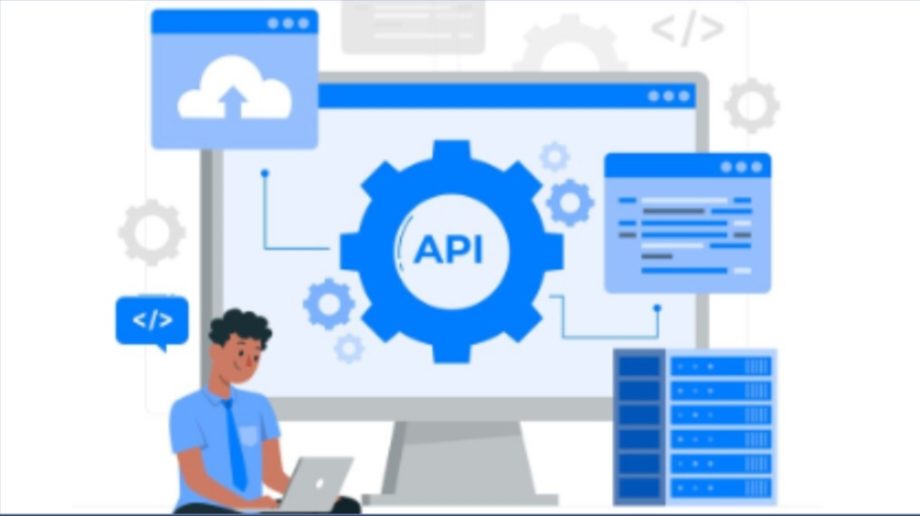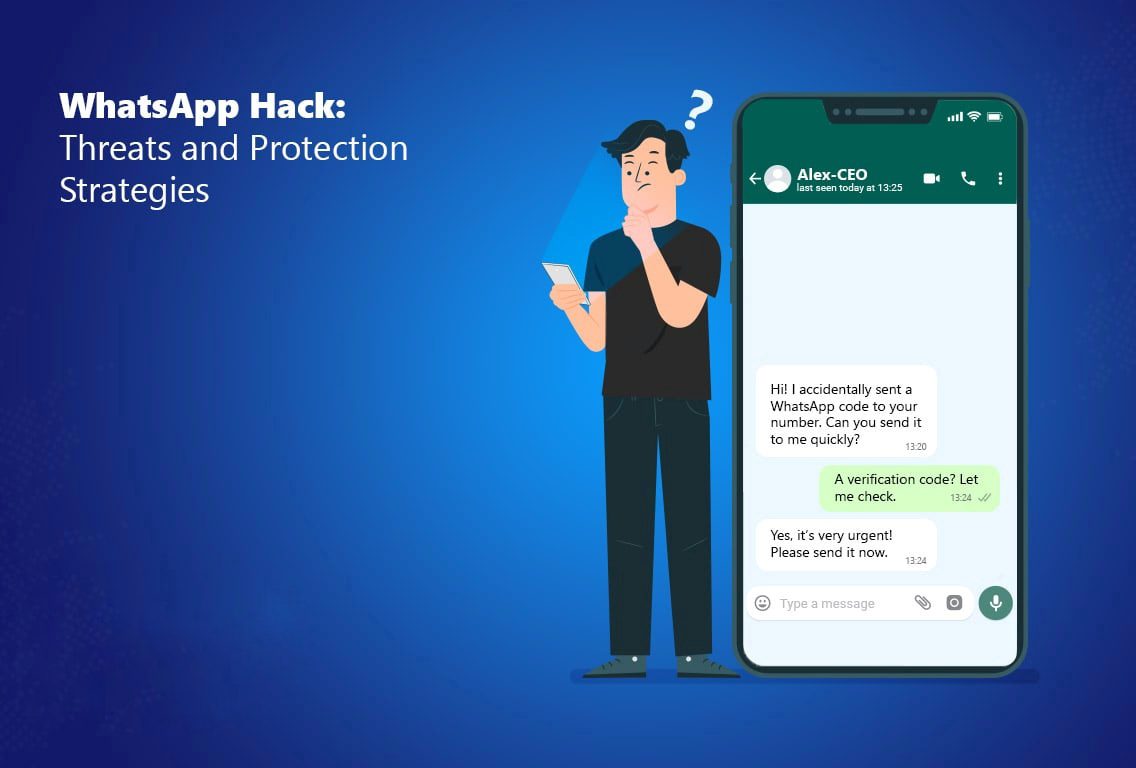
APIs are basically the middlemen of the internet. They help apps, websites, and tools communicate with each other behind the scenes. If you’ve ever booked a flight online, used a weather app, or scrolled through social media, you’ve used an API.
For developers, even if the API code is great, it won’t perform well without the right hosting setup. If your server is slow or unreliable, your API will feel the same way.
That’s why choosing a good hosting environment is so important.
Contents
Why Hosting Matters for APIs
Your API isn’t just a bunch of endpoints that are floating in the wild. Every request it handles goes through a server, which has to:
- Process the logic
- Hit the database
- Return a response
And it needs to do all of this fast and consistently. But if your API is hosted on a slow or crowded server? Expect lags, timeouts, and errors.
Faster Response Times
If the hosting environment is slow or overloaded, your response time will be slower. And users don’t like waiting, especially if your API is powering a mobile app or a checkout page.
A VPS, in this case, gives you the isolated resources and performance boost that your API needs to function properly. Speed matters a lot more than you may realize. Even a five-second wait can feel too long in some contexts.
With VPS hosting, you don’t have to share resources with multiple other websites. Your RAM, CPU, and bandwidth are all yours. Some providers, like Liquid Web, even allow you to customize your plans and storage according to your specific requirements.
Faster response times lead to happier customers, which means a better reputation.
More Control Brings More Optimization
It can be frustrating when your hosting provider won’t let you install something basic or tweak a simple rule.
One of the best things about using a VPS hosting is that you get more control over:
- Choosing your own operating system.
- Installing whatever software your API needs.
- Adjusting performance settings.
- Setting up custom security rules.
Better Scalability for Growing APIs
Let’s say your API starts getting more users. How do you make sure that your hosting keeps up with it?
If you’re using shared hosting, it probably won’t. But with a VPS, it’s easier to upgrade resources without breaking your API or having to move everything to a new server. You can add more RAM or CPU power as needed.
Real-Time Monitoring
When something goes wrong with your API, you need to find the problem fast.
Most hosting providers offer dashboards and tools to show what’s happening on your server in real time. You can track CPU usage, memory, traffic, and more, making it easier to fix issues before they turn into big problems.
Trustworthy Security
APIs are often targets for abuse, making it all the more important for your hosting to be secure.
A good hosting plan should give you options to protect your API, including
- Setting up firewalls
- Using secure connections
- Limiting who can access your server.
As long as you’re not sharing your server with others, like in shared hosting, there’s less risk of getting affected by someone else’s mistake.








